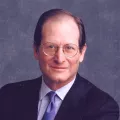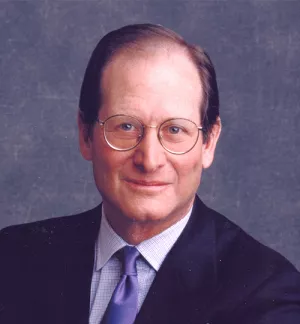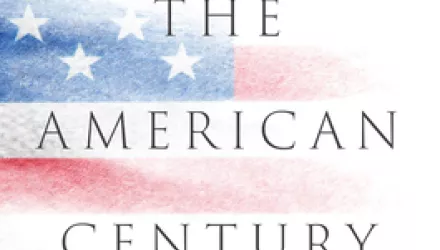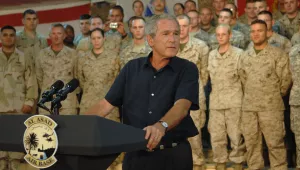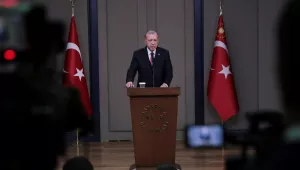For the modern military, as for all important institutions, the messenger is an important part of the message.
Compare General David Petraeus, perhaps the best known military leader of this decade's wars in Iraq and Afghanistan, with General William Westmoreland, the best-known general during Vietnam. General Petraeus is the face of the modern military: He has a broad education (West Point B.S. and MPA/Phd from Princeton's Woodrow Wilson School), is well spoken (handles Congressional hearings with aplomb), broad-gauged (balance between traditional military concerns and understanding of different cultural environments), nuanced in approach (recognizes complexities -- and limitations -- of courses of action) and yet decisive (willing to forge new strategies, the Iraq surge, and take the heat).
At a minimum, General Westmoreland didn't seem to have these qualities and appeared to be a more classic command-and-control general concerned about the cold statistics of war. (He was also less successful.)
Compare the media treatment of the soldiers in Iraq and Afghanistan with the coverage of the grunts in Vietnam. Starting with the embedding of reporters in the Iraq campaign in 2003, the media has given a very human and complex view of the men and women on the front lines. Depictions of their extraordinary sacrifices on and off the fields of battle; their human problems (of families, of injuries, of post-war stress); their patriotism and belief in their cause have all made the soldiers into real people, real neighbors and real fellow citizens, with remarkable qualities and with very human (at times tragic) problems.
Again, in Vietnam, the mainstream reporting was more limited, the soldiers (poor and black) more remote, until after the war when the nation came to appreciate what it had asked its young soldiers to do at a personal level.
Then, a growing dislike for the Vietnam War leeched into dislike or hostility for the warriors (the generals and soldiers). Today, a nation divided about both Iraq and Afghanistan wars can nonetheless honor and respect the warriors, in part because the messengers are so different (or are portrayed as different).
In important respects this honoring of our warriors is because of their authenticity. In a media saturated world endlessly spun by spin, the problems in our theaters of war are very real: from combat to terrorism to sectarian conflict to the clash of factions in regions with consequences for us all. Civilians stand in awe of the bravery and sacrifice -- sometimes the ultimate sacrifice -- of military men and women.
I think it is the grappling with important problems with greater-than-expected candor, genuine authenticity and extraordinary sacrifice that accounts for the military's high standing. The chosen military messengers often convey that. Can we say the same of other sectors of society: hard problems, candor, authenticity, sacrifice?
Heineman, Ben. “Petraeus, not Westmoreland.” On Leadership at washingtonpost.com, November 2, 2009

